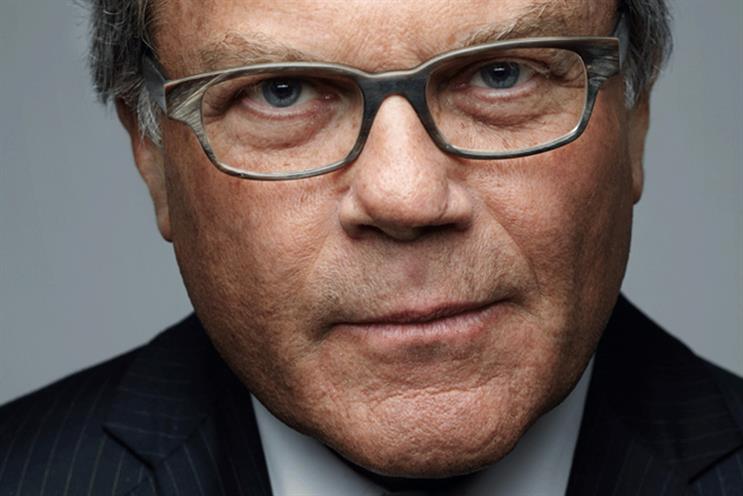
Sorrell was talking with Johnny Hornby, the founder of The & Partnership, at an event called Advocacy is the New Advertising, which was organised by the network and held at Soho Hotel today.
At the opening discussion, called Is Advocacy Fundamentally Changing the Advertising Business? Sorrell began by addressing the question outright.
He said: "The answer is no. It’s a false distinction. [Advocacy is] a part of advertising. It’s an evolution."
Sorrell went on to say that much of WPP’s income was no longer dependent on traditional advertising agencies, anyway – that around £5 billion came from media, another £5 billion came from data and another £5 billion came from digital.
He said: "And if you think about the £75 billion in media assets that we manage. Google is the biggest and what drives that is mobile search and video.
"It’s sacrilege to say this to some people but the media part of it is as important as the message or may have even become more important.
"Beyond Google drop down to our exposure to Facebook, where this year we’re targeting £1.25 billion [media spend]. Advocacy to my mind is an extension, an amplification."
Sorrell also said WPP differentiates itself from rival ad networks, and media owners like Google and Facebook, through its technology arms, like AppNexus and Xaxis.
In the same talk, Sorrell said it was important to distinguish between millennials and centennials, who have very different habits.
He said: "The up to 15 year olds are very different in their social habits, and their attitudes towards Snapchat and having parents hovering over them [while they’re using social media]."
He also joked with Hornby by referencing rumours that the latter would succeed him as chief executive of WPP when the 70 year old retired.
At a later talk about how passionate customers can make or break a business, O2’s chief executive, Ronan Dunne, said the private corporate sector had been "found out".
Dunne said the corporate sector had not delivered on its responsibilities to society over the past decade and that now companies must use the power of their brands to do good.



.jpg)
.jpeg)
